John FX Flynn/Oli Rosenbladt row2k
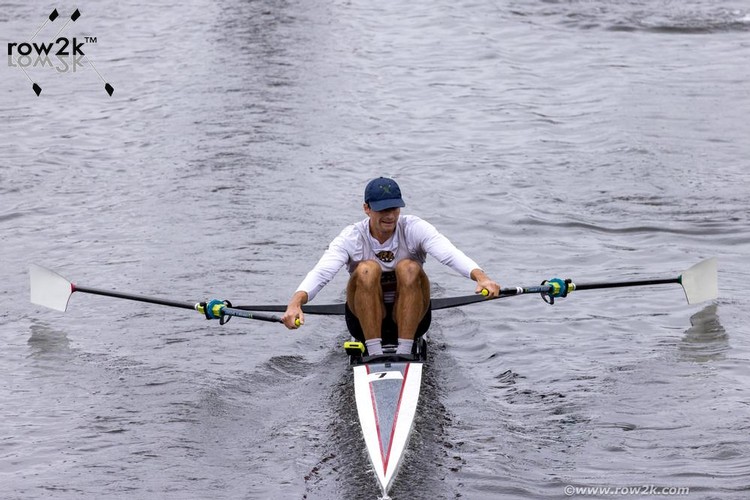
On Saturday, Sorin Koszyk did not just win the Championship Men's Single and the new $10,000 cash prize on offer, nor did he "just" set a new record in the event.
His 16:57 turns out to be the first time anyone has rowed a single over the full HOCR course in less than 17 minutes, and it is just the third time the event's record has been broken in the past 41 years.
While HOCR records have been set with increasing frequency since 2010--and fully fifteen fell on Saturday thanks to some pristine water and a tailwind in all the right places to make for a fast track--the fastest single's marks have stayed remarkably untouched at the Head Of The Charles over the years.
To get some perspective on setting a singles record at the Charles, row2k talked with both Koszyk and Paul Fuchs, a sculler who knows a thing or two about setting a record in the single: his 1984 mark in the Light Men's 1x has now stood for 39 years and, until 2013, his 17:24.8 was the fastest time for any single sculler, heavy or light.
Coincidentally enough, both Koszyk and Fuchs got their start in rowing at the Detroit Boat Club, about forty years apart, before going on to race internationally and to set HOCR records.
We asked Koszyk how he approached the piece--after all it is hard to know you are making history while just trying to go fast and win a race on the day--and then asked Fuchs, who has had a little more time to reflect back on how he did it, about what setting a record at the Charles really takes, beyond just the perfect conditions and a fast row.
To Go Fast, Make it Feel Good
For Koszyk, who admitted, "I didn't know that 17 minutes was a thing"--which, to be fair, it wasn't until he did it--the key to the piece started with making sure the boat felt the same as it does on his fastest days in training.
"I knew what I could do in neutral conditions, because we've done stuff on Lake Briones. Here, the wind is all over the place and you have turns, so it was about making sure the boat feels good. You know if it feels good, you're going to be going fast, because you've seen that in neutral conditions."

The conditions on Saturday were favorable for good speed. In fact, Fuchs admitted later that he was "concerned" about his own record being under threat, saying, "Conditions were excellent, and if I were going to set a record I would have tried to have those conditions."
In describing his own approach, Koszyk clearly made sure to press when he felt the tailwinds blowing.
"Through BU and coming into Riverside, there was a good tail, he said, "so I thought, I'm going to really step on it here."
"Then there was actually more of a headwind, I feel like, for most of the Powerhouse stretch."
At that point, Koszyk doubled down.
"There, it was, 'Alright there's a headwind, just lean into it. Go harder.' It's going to slow people down a lot more than the tailwind is going speed you up."
His strategy from that point? "Just hammer it in the headwind and then hold on for the rest of the turns," he said.
The Record-Setting Zone
"What he did was extraordinary as far as I'm concerned," said Fuchs. "He was incredible. To go under 17 minutes was beyond anybody's expectations."

To go that fast down the track and set a record, according to Fuchs, "you get in the zone."
"You train to be in a zone and know exactly what your limits are. Then on the day that you get it right, you row right at that invisible AT line. You get used to being at that level and tolerating it, and then you have a good day."
"I felt like I was in the zone," said Fuchs, remembering his record-setting row in 1984, during which he broke his own record from the year before. "It felt smooth and everything was together on that day. Everybody trains for that, but it's just whether you've got the physiology and the psychology all coming together on the day you're going to go for the race."
"To me, the fascination is that combination of psychology, having your mind in the right place. It's the package of having your head in the right place for 17 and a half minutes, then being able to get done and go 'Wow, that was just like an out of body experience.'"
"That's really what it comes down to: you feel like you're watching yourself row the race. That's when it's the best, and you get to observe it. There you are, rowing the race of your life and you're actually getting to watch it. It's pretty cool."
Fuchs also doe not think it is a coincidence that the fastest singles records for men and women at the Charles are all held by athletes who rowed lightweight: Koszyk did his college rowing as a lightweight at Cornell, the women's Champ 1x record still belongs to US lightweight Olympian Kate Bertko, and the record Koszyk broke belonged to Andrew Campbell, another US lightweight Olympian.

"I do think that there's an efficiency to it," he said, about setting an HOCR record in a single. "Big people often think they can be successful with power. But lightweights don't have that option. If they want to be fast, they have to be efficient, and I think the efficiency plays out over 17 and a half minutes."
HOCR Singles Records Have Staying Power
How rare is it to see new records in the elite singles events at the Head Of The Charles?
First, no Light Men's sculler has caught Fuchs in nearly four decades, and Fuchs' own record was just a touch faster than the Champ 1x mark at the time: John Biglow's 1982 time of 17:29.8.
That record went untouched for thirty-one years, until 2013, when Norway's Kjetil Borch went 17:12.3; and then in 2014, Campbell rowed the 17:11.6 record which Koszyk broke this year, after nearly a decade.
Then, the Champ Women's 1x record has been only broken once in that forty year stretch, when Bertko bettered Ginny Gilders' 1982 mark in 2014, and the Light Women's 1x record goes back nearly as far as Light Men's, to Teresa Zarzeczny-Bell in 1992.
Now that there is a pretty substantial cash prize in the Champ Singles, that may start to change. The top 6 men went under Bigelow's 1982 bar this year, and Michelle Sechser--another very efficient lightweight--rowed one of the fastest Women's Champ 1x times ever this weekend, just ten seconds off Bertko's record.
At the moment, though, the clock has started on Koszyk's record and 16:57 sets a high bar for whoever might want to take over that spot in the record book. Perhaps Koszyk will get a good four decade run out of his best day on the Charles, just like Fuchs.
Or, maybe you just need to be from Detroit.

Comments | Log in to comment |
If you enjoy and rely on row2k, we need your help to be able to keep doing all this. Though row2k sometimes looks like a big, outside-funded operation, it mainly runs on enthusiasm and grit. Help us keep it coming, thank you! Learn more.
- Bont Rowing
- Calm Waters Rowing
- Concept 2
- Craftsbury Sculling
- The Crew Classic
- CrewLAB
- Croker
- Dad Vail Regatta
- Durham Boat Co.
- Empacher
- Faster Masters
- Filippi
- Fluidesign
- h2row.net
- HUDSON
- Live2Row Studios
- Nielsen-Kellerman
- Oak Ridge RA
- Peinert Boat Works
- Pocock Racing Shells
- Race1 USA
- Rockland Rowing Masters Regatta
- RowKraft
- Rubini Jewelers
- Vespoli USA
- WinTech Racing
- Bont Rowing
- Calm Waters Rowing
- Concept 2
- Craftsbury Sculling
- The Crew Classic
- CrewLAB
- Croker
- Dad Vail Regatta
- Durham Boat Co.
- Empacher
- Faster Masters
- Filippi
- Fluidesign
- h2row.net
- HUDSON
- Live2Row Studios
- Nielsen-Kellerman
- Oak Ridge RA
- Peinert Boat Works
- Pocock Racing Shells
- Race1 USA
- Rockland Rowing Masters Regatta
- RowKraft
- Rubini Jewelers
- Vespoli USA
- WinTech Racing



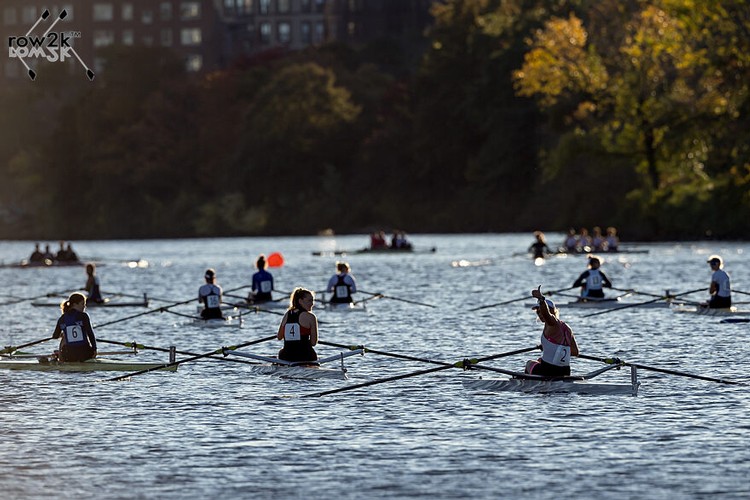
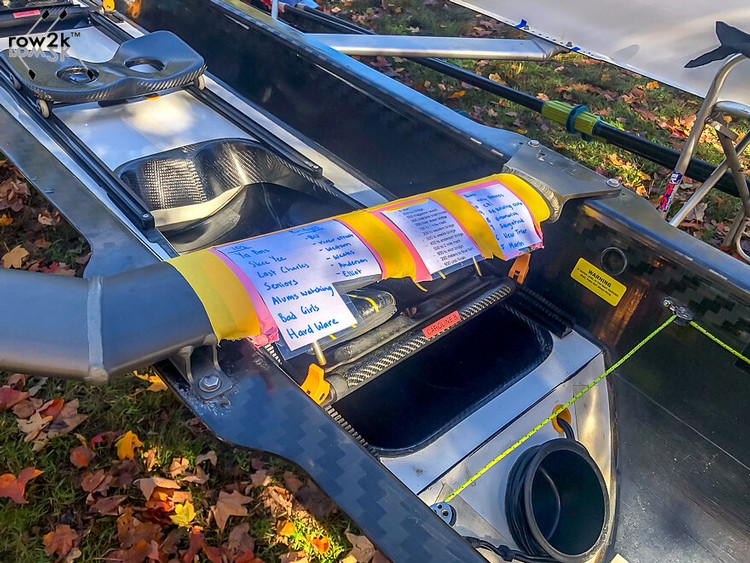
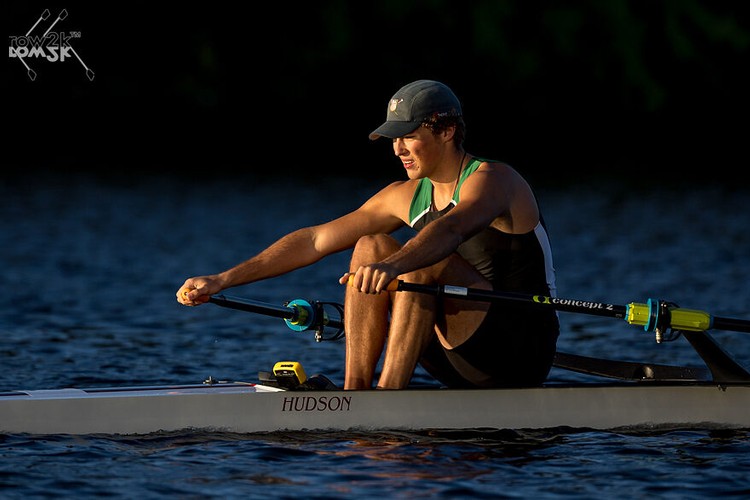
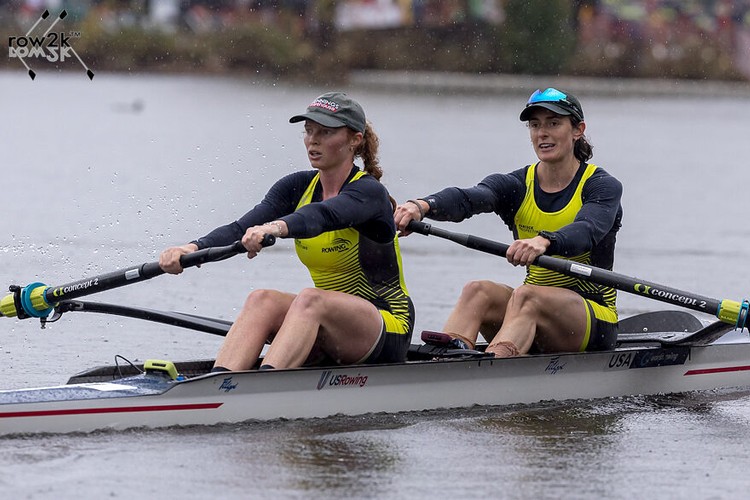

























10/26/2023 8:29:20 AM